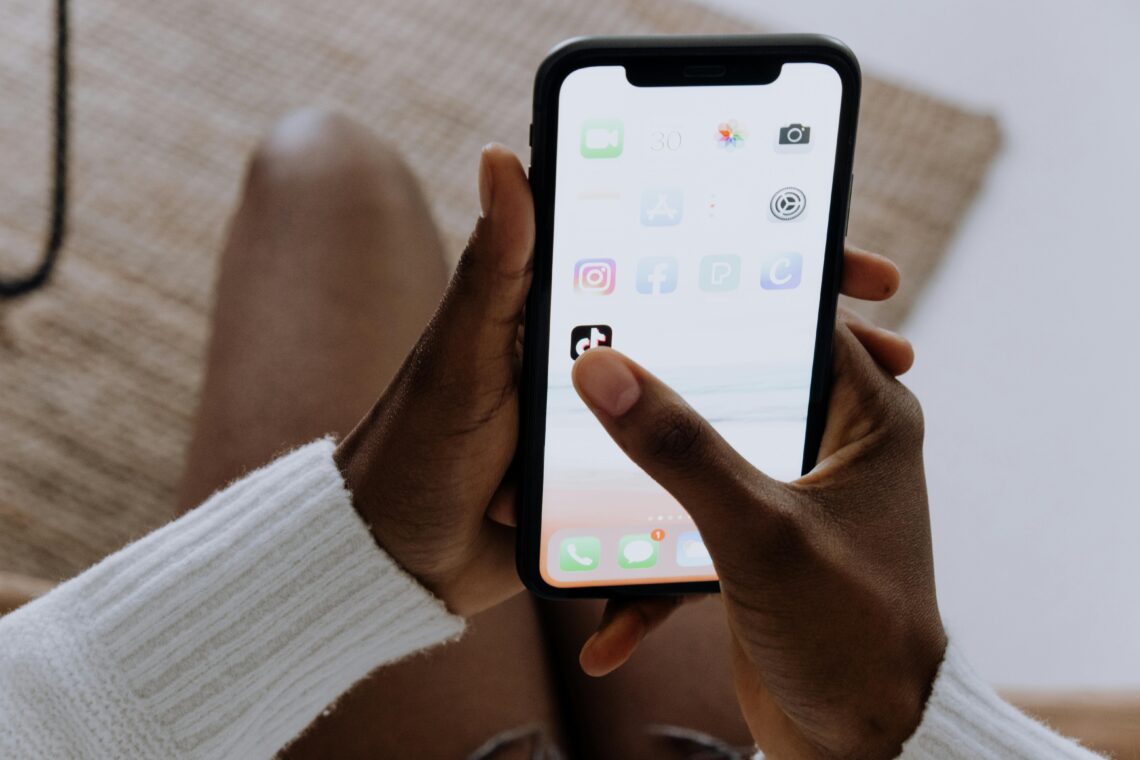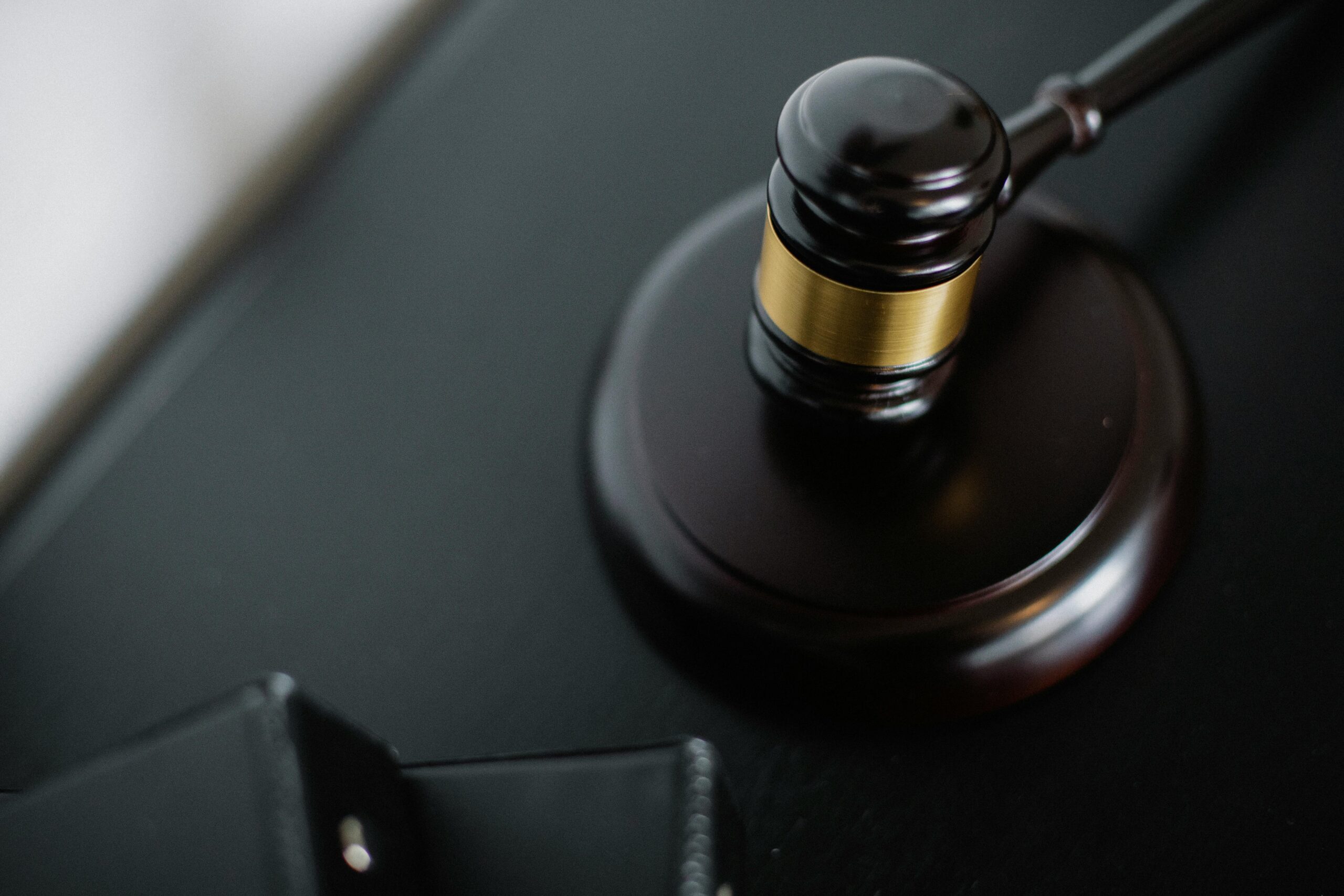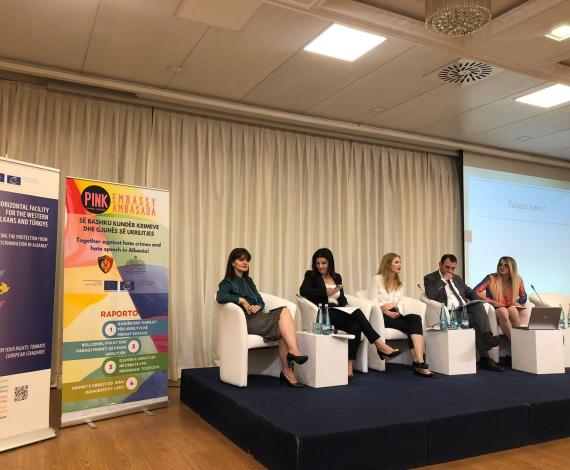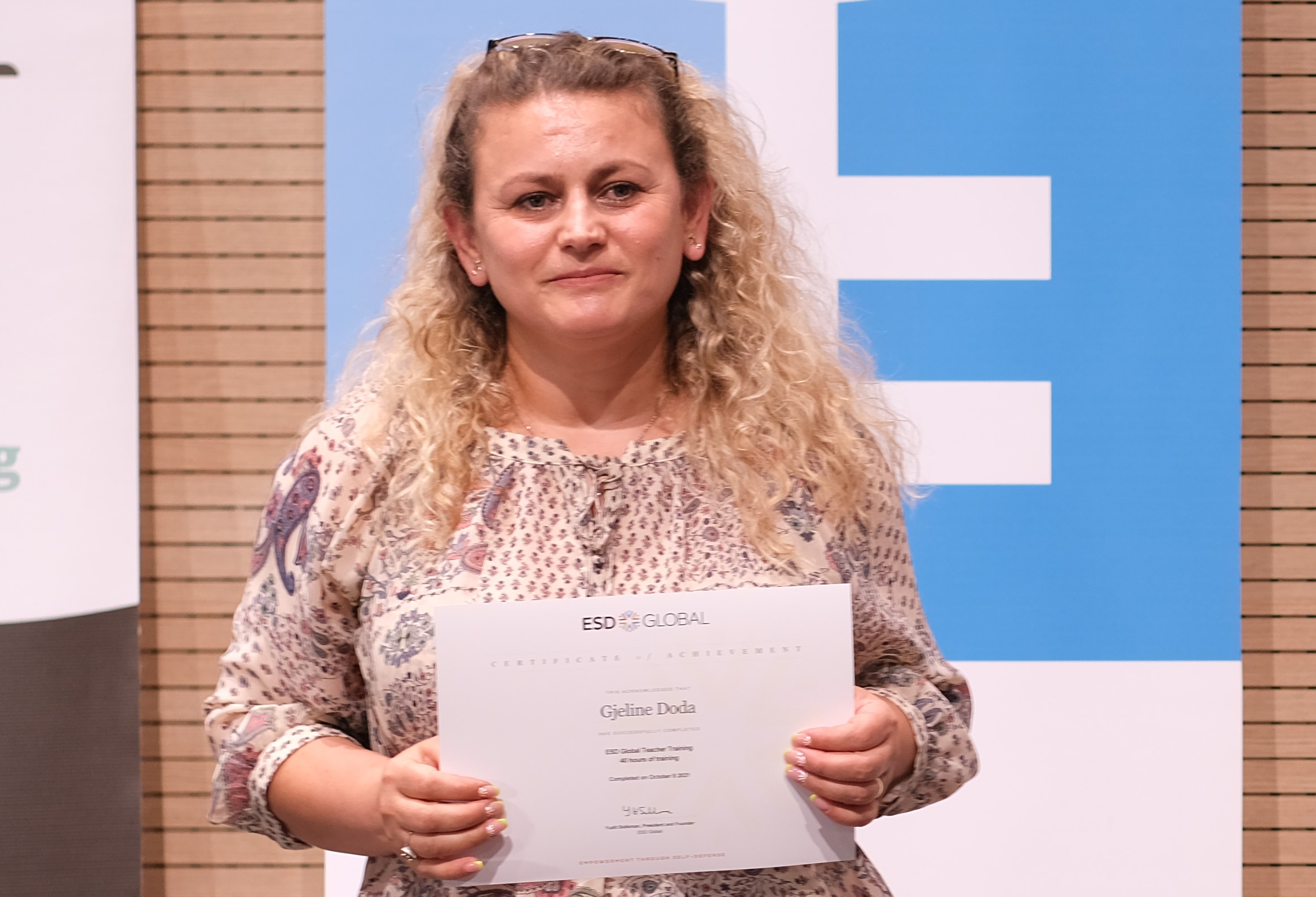On Saturday, 15 March, a couple of hundred mainly opposition Democratic Party supporters gathered outside of Albanian Prime Minister Edi Rama’s office to protest against a decision to ban TikTok for at least a year. Local media, which interviewed some of those in attendance, found that some did not even have TikTok accounts and were there mainly to support party leader Sali Berisha.
In fact, Rama’s decision to ban the social media platform, announced in December 2024 and enforced on 13 March 2025, has wide cross-partisan support, even from app users. Data from an informal survey on Euronews Albania’s social media found that 93% of the 4,600 respondents favoured banning the platform.
The app was still available on the 13th, but over the following days, users’ ability to upload content, explore others, and comment gradually decreased. The authorities said it would take around 10 days to completely block both the desktop version and the app.
Meanwhile, VPN downloads have soared, and rumours swirl that the government may soon ban VPNs, punishable by a three-year prison sentence. However, no official announcement has been made so far.
But what triggered the ban? International media has been lazy in its reporting, pointing only to the murder of a schoolboy in November 2024 and failing to dig any deeper. The reality is that the situation has been developing for quite some time.
In February of last year, the Albanian government called on social media platforms, including TikTok, to crack down on illegal activity on their platforms, including revenge porn, bullying, and the facilitation of human trafficking and smuggling. They called for tougher measures and an increase in monitoring capacity, particularly in the Albanian language.
In 2022, some 12,000 Albanians crossed the Channel to the UK illegally in small boats, seeking asylum upon arrival. This caused a diplomatic war of words between London and Tirana, and British tabloids went wild with sensationalist headlines about Albanian criminals invading their country.
Various investigations found that the majority of those making the perilous crossing had been lured by adverts posted by criminal groups on social media, including TikTok. These adverts promised a safe crossing, a job, accommodation, and a better life in exchange for thousands of pounds.
The British authorities announced a plan to leverage social media to fight back against the traffickers, posting messages imploring Albanians to stay or only come to the UK by legal means. The Albanian government lamented that platforms allowed such activities to take place with little in the way of penalty.
In January of 2024, TikTok was in the headlines again, this time due to the suicide of Bedrie Loka, a mother of four. It was reported that someone had opened an account in her name and posted photos of her, accompanied by humiliation and abusive comments and captions. Further reports suggested that her abusive husband could have been behind the account and it emerged that Bedrie had reported the TikTok account to the police, but nothing was done.
One month later, Sibela Abedini killed herself after intimate images were shared across TikTok, shared by someone she had a sexual relationship with. He was arrested, but it was too late, another life had been lost due to social media.
The two incidents sparked public outrage, protests, and demands for action to be taken against TikTok. This built on a growing sentiment of concern about content on social media, particularly related to how it impacts youth and their mental health.
In February, Rama met with the Deputy Director General of TikTok, Theo Bertram, and in a post on Facebook he said they discussed the recent events and the need to combat illegality on the platform.
“We discussed with full understanding the recent events in Albania and the need to increase vigilance against violence, blackmail and hate speech online, as well as we got to know the measures being taken by the company to increase the level of moderation of messages in the Albanian language,” Rama said.
In addition, then-interior minister Taulant Balla announced he had met with Jakub Olek, the then-director of public policy and government for Central and Eastern Europe. He told the media he had shared concerns over recent events and requested permanent contact with the Albanian State Police. He also requested that TikTok step up its response to cases reported by the authorities.
Deputy Interior Minister Besfort Lamallari also confirmed that discussions with TikTok and others were ongoing, stating, “We cannot wait for the next victim.”
By August, the Albanian Media Authority announced it had set up a mechanism whereby citizens could report violations of the law to them directly, and they would pass on those deemed to be illegal to TikTok. Collaboration and training between TikTok and the Albanian authorities continued throughout the year, and hundreds of videos were removed from the site.
As of December 2024, 743 complaints of illegal content (excluding piracy) were made to AMA and of those, 291 were deemed illegal by the authorities. Some 286 were removed by TikTok. A further 1,505 were removed for pirated content.
Safe to say that prior to 2024, momentum against TikTok was already in full swing, and throughout the year, it continued to grow. The Albanian government was already in full dialogue with the platform about its need to do better against illegal content and behaviour, including bullying and inciting violence. Furthermore, the majority of the public stood behind them- one of the few things that can unite both sides of the Albanian political spectrum.
While the mood was that change was afoot and the platform may finally start taking such matters seriously, that all changed in November.
Fourteen-year-old Martin Cani was stabbed to death by a fellow student outside their school in central Tirana. The incident followed a spat that allegedly started on social media platforms. It was also reported that videos supporting the attacker and of the attacker with a knife, were also circulated on platforms including TikTok. The social media company was quick to deny that such videos originated on their platform.
Following protests and increasing calls for resignations from officials and action from the state, Rama announced a series of consultations with parents across the country. He claimed that the government consulted more than 65,000 parents and they overwhelmingly called for TikTok to be banned. Then in December, the ban was announced.
It caused headlines around the world, but questions on when it would take place and how it would be enforced, remained unanswered.
Then in early March, the government confirmed that plans were on track to block the site and it would be banned for at least a year and more unless TikTok were able to give adequate assurances.
On 11 March, Albanian regulators sent letters to all telecom providers in the country, ordering them to take “the necessary measures to block access to the TikTok application and its digital infrastructure within the Albanian territory.”
Telecommunications operators are required to TikTok’s unique internet addresses (IPs) and make sure its system for translating IP addresses into domain names (DNS) is inaccessible, along with its identification protocols (SNI), from March 13. IP’s of TikTok’s parent company, ByteDance were also included, along with some 200+ web domains that could be used to circumvent the ban.
Operators have been asked to confirm in writing to the regulators they would enforce the ban.
Meanwhile, as of 13 March, ProtonVPN noted a 1200% increase in VPN usage from Albania, and noted that the number was still rising.
The opposition and some cynics argue that the move is not a result of violence and illegality on the platform and is instead an attempt to censor their voices ahead of the general election. They say that the reach of videos posted by the Democratic Party, its members, opposition media, and smaller, independent or opposition parties was seen as a threat by Rama.
Rama, leader of the Socialist Party has been in power for three mandates and is set to win a fourth on 11 May.
However, many of those who have called the ban ‘censorship’ and the suppression of political opposition are the same who called on the government to take action following the suicides and stabbing.
Albania’s TikTok ban is not something that came from nowhere, nor is it solely due to the stabbing of a child in November last year. It is the last resort in a chain of events designed to try to prevent bullying, violence, and illegality on arguably the country’s most popular social media platform. Furthermore, it is backed by the vast majority of society, including parents and even those who use the platform for their work, such as myself.
Follow The Balkanista!




